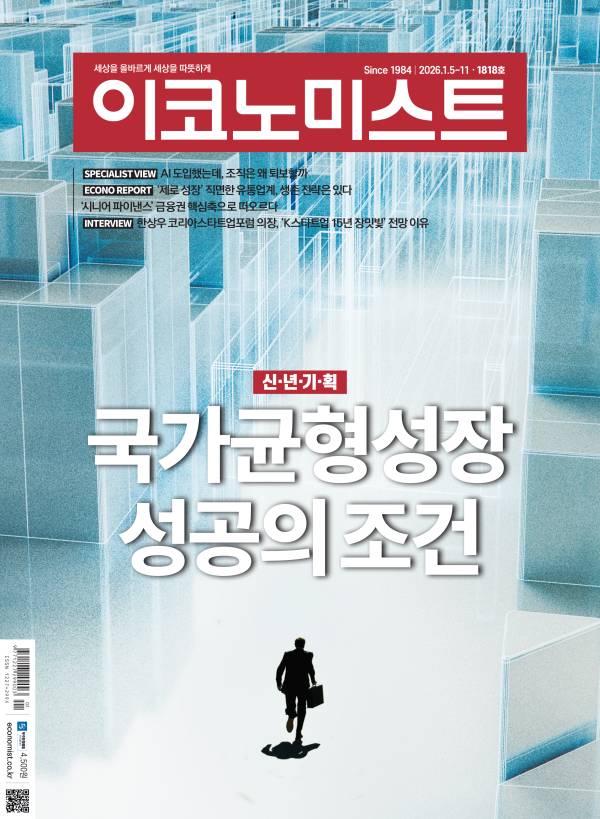- 모바일 게임이 이혼 부른다

MOBILE PHONES ARE KILLING MARRIAGES
Chinese couples cite “mobile addiction” as a growing reason for separation.If video killed the radio star, mobile phones and tablets are killing marriages. China is set to become the world’s top mobile games market by 2016, which is bad news for Chinese couples who cite “mobile addiction” as a growing reason for separation.
According to Tech in Asia, citing a white paper released on Friday by the Global Mobile Game Confederation (GMGC), China will replace mobile gaming revenue leader the United States by next year. China’s mobile gaming revenues are expected to jump from the 2015 estimate of $6.1 billion, sitting just below the U.S.’ projected $6.3 billion, to $7.7 billion next year.
The white paper says the Chinese market is lucrative for mobile app game developers because Chinese user spends more time each day playing games than they do on other applications. Chinese spend more than triple the time of the average American playing games on their phone, at 35 minutes and 11 minutes a day, respectively.
The news coincides with a report by China’s Chongqing Morning Post, which cited anecdotes from millennial couples saying that “mobile addiction” is responsible for much of their marriage troubles, going so far as to call the devices “marriage killers.”
Yang Heming, a family mediation counselor in southwestern Chongqing’s Yuzhong District marriage registration office, says he frequently sees marital troubles begin with mobile phone overuse. According to counselors at China’s National Marriage Registration Network, 30 percent of marital crises were triggered by mobile phones or social networks. The Morning Post article argues that the attachment that millennials (or what it refers to as the post-’80s generation) have to their phones diminishes communication within relationships and creates more opportunities for extramarital affairs.
Coincidentally, the southwest city of Chongqing also is home to the world’s first “mobile phone lane.” The designated pedestrian path for people who can’t take their eyes of their phones while walking was created in a bid to reduce accidents involving bicycles and vehicles.
모바일 게임이 이혼 부른다

게임 중독에서 비롯된 갈등으로 갈라서는 중국 부부 늘어나영국 그룹 버글스가 부른 ‘비디오가 라디오 스타를 죽였다(Video Killed the Radio Star)’라는 노래가 있다. 그렇다면 지금은 휴대전화와 태블릿이 결혼을 죽이고 있다. 내년에는 중국이 세계 최대 휴대전화 게임 시장으로 부상할 전망이다. 이혼 사유 중에서 ‘모바일 중독’의 비중이 커져가는 중국 부부들에게는 반갑지 않은 소식이다.
글로벌 모바일 게임 연합(GMGC)이 지난 4월 24일 발표한 백서를 온라인 매체 ‘테크 인 아시아’가 인용 보도했다. 그에 따르면 내년에는 중국이 미국을 제치고 모바일 게임 매출액에서 선두로 부상할 전망이다. 중국 모바일 게임 매출액의 올해 예상치는 미국의 63억달러에 약간 못 미치는 61억 달러다. 하지만 내년에는 77억 달러로 치솟을 것으로 전망된다.
모바일 앱 개발자들에게 중국은 황금시장이라고 백서는 말한다. 중국 이용자들이 매일 다른 앱들보다 게임에 더 많은 시간을 소비하기 때문이다. 중국인의 휴대전화 게임 평균 이용시간은 미국인의 3배를 넘는다. 중국인은 하루 35분, 미국인은 11분이다.
때마침 충칭모닝포스트 신문도 그와 관련해 한 밀레니엄 세대 부부의 사례를 인용한 기사를 내보냈다. 이들 부부간 갈등의 상당부분이 ‘모바일 중독’에서 시작된다며 휴대전화를 ‘결혼 킬러’로 부르기까지 했다.
충칭 남서부 위중 지구 혼인신고 사무소의 부부문제 상담가인 양헤밍은 휴대전화 과용에서 비롯되는 부부 갈등이 비일비재하다고 한다. 중국 전국혼인등록네트워크의 상담가들에 따르면 휴대전화나 소셜네트워크로 촉발되는 결혼생활의 위기가 30%에 달했다. 밀레니엄 세대(또는 그들이 말하는 80년대 이후에 태어난 바링허우 세대)가 휴대전화에 갖는 애착이 부부간의 소통을 줄이고 혼외관계의 기회를 더 많이 만든다고 모닝포스트 기사는 분석한다.
공교롭게도 중국 남서부 도시 충칭은 세계 최초로 ‘휴대전화 이용자 도로’가 만들어진 곳이기도 하다(길을 걸어가면서도 휴대전화에서 눈을 떼지 못하는 사람들을 위한 보행자 지정 도로다). 자전거와 자동차와 관련된 사고를 줄여보려는 노력이다.
- 번역 차진우
ⓒ이코노미스트(https://economist.co.kr) '내일을 위한 경제뉴스 이코노미스트' 무단 전재 및 재배포 금지










![면봉 개수 → 오겜2 참가자 세기.. 최도전, 정직해서 재밌다 [김지혜의 ★튜브]](https://image.isplus.com/data/isp/image/2025/12/21/isp20251221000019.400.0.jpg)
![갓 잡은 갈치를 입속에... 현대판 ‘나는 자연인이다’ 준아 [김지혜의 ★튜브]](https://image.isplus.com/data/isp/image/2025/11/21/isp20251121000010.400.0.jpg)



당신이 좋아할 만한 기사
브랜드 미디어
브랜드 미디어
생화학분자생물학회, 2026년도 신임 회장에 박웅양 교수 취임
바이오 성공 투자, 1%를 위한 길라잡이이데일리
일간스포츠
일간스포츠
천재 재즈 색소포니스트 이수정 사망···향년 27세
대한민국 스포츠·연예의 살아있는 역사 일간스포츠일간스포츠
일간스포츠
일간스포츠
"올해 5000피" "6000피 못 가란 법 없어"…'깜짝 전망'
세상을 올바르게,세상을 따뜻하게이데일리
이데일리
이데일리
‘청산보다 회생’…홈플러스익스프레스, 적자 뒤 ‘숨은 반전’[only 이데일리]
성공 투자의 동반자마켓인
마켓인
마켓인
'바토클리맙' 상용화 삐걱…한올바이오파마 "일본 카드 남았다"
바이오 성공 투자, 1%를 위한 길라잡이팜이데일리
팜이데일리
팜이데일리